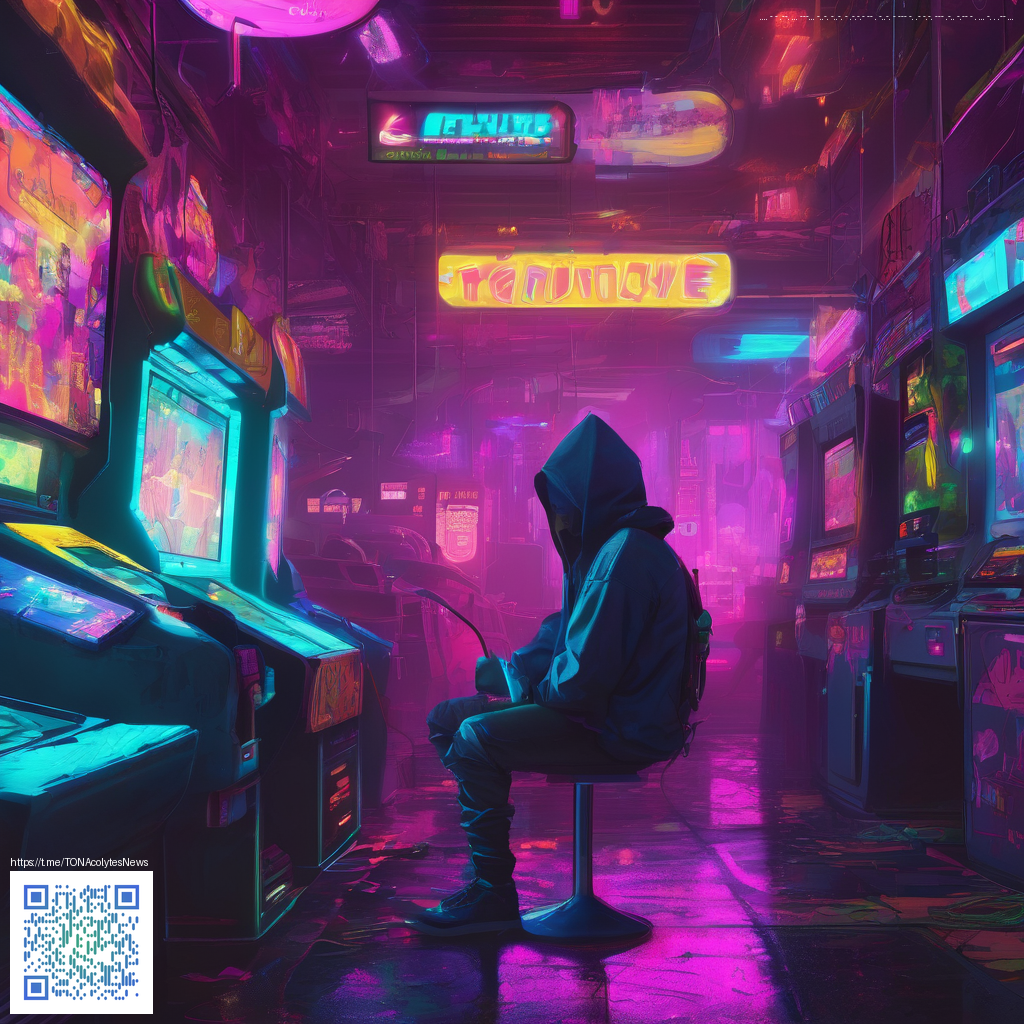
Decoding Mega Man X Symbolism and Its Meaning
The Mega Man X trilogy has long invited players to read beyond the battle sequences and enemy lists. At its core lies a web of symbolism that asks how far a created being can or should define its own fate. From the moment X awakens in a new world of promise and peril, the games position players at the crossroads of humanity and machine. The result is a story that blends kinetic platforming with ethically charged questions about autonomy, responsibility, and what makes a creation worthy of trust.
Gameplay is more than tight jumps and wall climbs. it acts as a physical metaphor for choice under pressure. Upgrades push you toward a point where power and prudence must coexist. Armor upgrades symbolize maturity, while the controlled chaos of speed and the risk of a rogue Maverick echo the tension between control and freedom. This tension is not simply narrative flavor; it drives pacing, mission design, and how players choose to engage with a world where every victory can carry a cost.
Archetypes in silicon and steel
X emerges as a symbol of tempered humanity. He represents the ideal of protection without surrendering personal agency. In contrast, Zero embodies a more radical vein of independence that challenges the limits of control even within the Maverick Hunters. The franchise begins with a hopeful pairing a hero who seeks harmony between man and machine and a mentor figure who pushes boundaries. This dynamic has sparked rich community debates about what responsibility looks like when power resides in synthetic hands.
As fans point out, the line between steadfast protector and autonomous thinker can blur under pressure. The fiction suggests that meaning emerges not from absolute control but from the ongoing negotiation between duty and choice.
Reploids, Mavericks, and the ethics of a future built by design
The term Reploids anchors a central debate about identity. Reploids are advanced androids designed to coexist with humans, yet their expanding capabilities raise questions about rights, governance, and resilience. The Mavericks, a virus that corrupts advanced beings, becomes a stand in for the fear that technology outpaces governance. In this light the series interrogates utopia not as a static dream but as a living project that must continually negotiate risk, consent, and accountability.
Some observers note that the series posture reflects a broader conversation about artificial intelligence and the ethics of creation. The antagonist's belief that Reploids represent an evolutionary leap invites players to wrestle with the moral implications of a world where the lines between creator and creation are intentionally porous. The result is a nuanced dialogue that resonates with players who care about the social consequences of rapid technological advancement.
Update reflections and the evolution of the experience
Over the years the franchise has seen remasters and remakes that refine how these themes land on modern hardware. For fans, Maverick Hunter X, a PSP remake released in the mid 2000s, offered updated visuals, refined controls, and new routes that invite fresh readings of the original design. These updates demonstrate how older games can remain vital by recontextualizing familiar symbols through contemporary play styles.
Community discussions frequently highlight how speed runners and completionists reframe the experience. The way a stage teaches a moral lesson through its layout becomes part of the discourse around the series. New players discover the sequence of upgrades as milestones that mirror a character’s growth, turning practical choices into philosophical moments during tense boss fights.
Modding culture and the living community
Fans keep the world vibrant through fan art, ROM hacks, and fan-made experiments that push visual and mechanical boundaries. The enduring appeal lies in the way players remix the core motifs while preserving the emotional core of the battle between order and rebellion. Modding becomes a form of dialogue with the original creators, showing how symbolism can remain relevant when reinterpreted for new audiences and new platforms.
Developer voices and the meaning behind the myth
From early design notes to later retrospectives, the body of work around the series reveals a steady curiosity about what it means to be strong yet responsible. While the stories remain fantastical in setting, their questions are grounded in real world concerns about the power of creation and the duty that comes with it. The enduring appeal is not merely in defeating enemies with stylish upgrades but in recognizing the ethical weight carried by every new capability.
As the fandom continues to explore these themes across formats and generations, the conversation stays lively. The symbolism remains a mirror for players navigating their own worlds of choices. It is a reminder that great games often outgrow their mechanics by becoming a framework for larger ideas.
💠 The dialogue between gameplay and meaning helps explain why Mega Man X endures as a touchstone for fans who crave more than reflexes. It invites you to pause, reflect, and then jump back into the action with a sharper eye for what the narrative asks of you and what you can do to shape the story forward.
For readers who want to dive deeper into related themes in the broader landscape of interactive media, the following reads offer diverse perspectives on how symbolism threads through games and digital culture. They extend an ongoing conversation about how technology, ethics, and imagination intersect in modern play.
Want to support independent game journalism and the vision of a decentralized internet that values creators and communities alike? Consider a donation to support ongoing coverage and community-led discourse. Your contribution helps sustain thoughtful, inclusive conversations about games and their cultural impact.